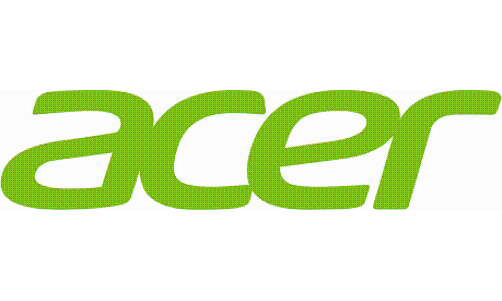The world of investing and real estate has its own encyclopedia of jargon. Some of it is intuitive for outsiders to understand - comparable sales, pitch decks, valuations. Some of it is decidedly more challenging for the layperson - negative amortization, quitclaim, anti-dilution provisions, etc.
Then, somewhere in the middle, you have a term like "deal flow." It sounds intuitive enough (deal plus flow), but it's more complex than the combination of its literal definitions.
In this article, let's take a closer look at deal flow. Whether you are an aspiring investor, real estate agent, or real estate consumer, "deal flow" is an essential concept to understand.
What Is Deal Flow in Investment and Real Estate
Let's get at this question from two angles: the more general meaning of deal flow as it pertains to investing, and the more specific meaning of the term used in the real estate industry.
In investing, deal flow refers to the rate of proposals and pitches a finance professional is receiving. These finance professionals can be venture capitalists (VCs), angel investors, investment bankers, etc. A strong deal flow is considered a boon for an organization because it indicates that enough equity-generating opportunities are coming through the door to keep the lights on.
That same principle is more or less at play in real estate deal flow. However, instead of investment professionals, you have real estate agents - and instead of pitches, you have buyer/seller opportunities. Therefore, deal flow refers to the rate at which real estate agents can generate and qualify leads.
Why Is It Important?
In either case, deal flow is something that vested parties watch closely. The laws of probability dictate that the more "gross" opportunities you have, the more "net" successes you'll encounter. Or, as hockey great Wayne Gretzky aptly put it: "You miss 100% of the shots you don't take." In this analogy, more shots equal more goals.
Both real estate agents and investment professionals will try to optimize deal flow by a) casting a wide net using technology, b) aggressively generating leads, and c) marketing themselves through social media, content marketing, networking events, etc.
Where Does It Leave the Real Estate Consumer?
Deal flow makes sense in a mutually beneficial ecosystem of investors and startups, but it influences the dynamic between agents and buyers/sellers in a way that's often more advantageous to agents. Because agents aggressively generate and qualify leads, there's little room for the consumer to make a choice. Therefore, consumers often end up paying more than they should.
There are notable exceptions, of course. Nobul, a real estate digital marketplace built for consumers, allows agents to compete with one another for a buyer's/seller's business, which shifts power and choice to consumers.
According to Nobul CEO Regan McGee, "The problem that everyone else is solving is getting agents deal flow. The problem we are solving is getting consumers the best possible experience at the best possible price."
Whether you are a real estate agent, VC, investment banker or real estate consumer, it pays to know about deal flow. It is a concept that undergirds several transactions, but it's also a concept that consumers should watch for as they buy and sell properties.














